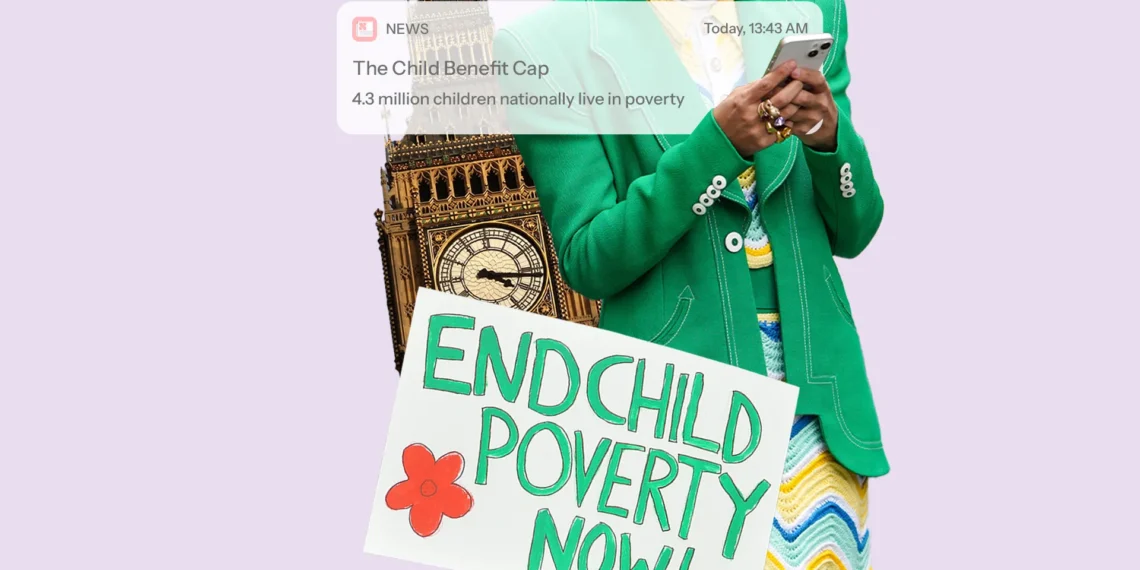Curbing child poverty by scrapping the two-child benefit cap would save hundreds of lives a year and prevent thousands of hospital admissions, according to the largest study of its kind.
Keir Starmer, leader of the Labour Party, has faced repeated demands from within his ranks and from opposition leaders to abolish the policy, initially announced in 2015 by George Osborne, the then chancellor.
In some towns and cities, almost half of all children now live below the poverty line.
Researchers from the universities of Glasgow, Liverpool, and Newcastle have revealed for the first time the significant impact that reducing child poverty with measures such as removing the two-child benefit cap could have in England.
A substantial reduction in child poverty would significantly decrease the number of infant deaths and children in care, as well as rates of childhood nutritional anemia and emergency admissions.
The most deprived regions, particularly in northeast England, would benefit the most, the projections suggest.
The research, published in the Journal of Epidemiology & Community Health, concluded that these changes would have considerable positive knock-on effects on local authorities and the NHS.
The two-child limit, announced by the Conservative government in 2015 and implemented in 2017, restricts child tax credit and universal credit to the first two children in most households.
Using local authority-level data, researchers modeled the effects that different reductions in child poverty might have over the next decade.
They considered scenarios of a 15%, 25%, and 35% reduction in poverty to be realistic, referencing the 26% decrease previously observed in the UK between 1997 and 2010 under earlier Labour governments.
An “ambitious but realistic reduction” of 35% from 2023 levels “would be expected to result in avoiding a total of 293 infant deaths, 4,696 children entering care, 458 childhood admissions with nutritional anemias, and 32,650 childhood emergency admissions,” the researchers stated.
Child Poverty Reduction Yields Broad Benefits
The researchers added: “These reductions would likely translate into significant savings for, and relieve pressure on, local authorities (in relation to children looked after) and health services. Benefits are likely to be greatest in the most disadvantaged areas, helping efforts to ‘level up’. Other health impacts that we have not been able to quantify are also likely.”
They concluded that if policymakers were to set and achieve child poverty targets for England – for example, through suggested measures such as removing the two-child limit and benefit cap – this would likely improve child health, particularly among the most socioeconomically disadvantaged and ‘level up’ regional inequalities.

The latest official UK figures, published earlier this year, showed an estimated 4.33 million children living in households with relatively low income after housing costs in the year to March 2023 – a record high.
The new research estimated that northern parts of England “exhibited the greatest relative and absolute benefit” from child poverty reductions.
“No child should be in poverty – that’s why our new cross-government taskforce will develop an ambitious child poverty strategy to tackle the crisis. Alongside this urgent work, we will roll out free breakfast clubs in all primary schools while delivering on our plan to grow the economy and make work pay for hard-working families in every part of the country.”
Government spokesperson
As such, eliminating the two-child benefit cap could dramatically reduce child poverty, save lives, and relieve pressure on public services, particularly benefiting the most disadvantaged regions in England.
READ ALSO: Worry Expressed About Ghana Educational System’s State























